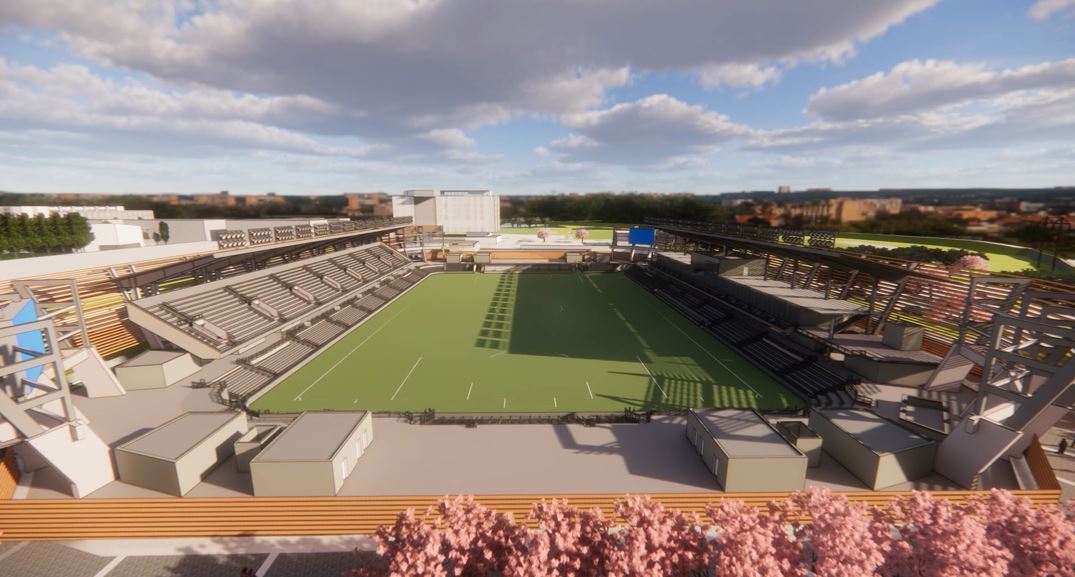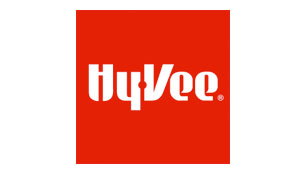INSIDER NOTEBOOK: USL official: Soccer attracts young people to metro areas

KATHY A. BOLTEN Feb 1, 2022 | 11:41 pm
3 min read time
811 wordsAll Latest News, Economic Development, Real Estate and Development
A rendering of the planned Pro Iowa Stadium and Global Plaza that will be located at 200 S.W. 16th St. in Des Moines. Architectural rendering special to the Business Record
Much fanfare occurred last week around the announcement that a franchise agreement had been signed to bring professional soccer to the Greater Des Moines area.
Being able to boast that Des Moines has a professional soccer team will be a great asset for the city. Even better, though, will be professional soccer’s ability to attract millennials and Gen Zers into becoming permanent Des Moines-area residents, Justin Papadakis, chief operating officer for the United Soccer League, told the Business Record.
“One of the things that we are seeing all over the country is that young men and young women are selecting where they want to live based on the professional sports an area has,” Papadakis said. “Increasingly at the top of the list for them is soccer.”
The new soccer club will be Des Moines’ fourth professional sports team. Also in Des Moines are the Iowa Cubs, a Triple-A affiliate of the Chicago Cubs baseball team; the Iowa Wild, an American Hockey League affiliate of the National Hockey League’s Minnesota Wild; and the Iowa Wolves, a minor league NBA team affiliated with the Minnesota Timberwolves.
If more people between the ages of 25 and 45 put down roots in the Des Moines area, companies will follow them, Papadakis said. “Companies that want to attract and retain workers are going to want to be in cities that have activities – and sports teams – that improve the quality of life.
“Des Moines already has a great corporate base. It’s just going to get better.”
Last week, Kyle Krause and USL representatives announced that they had signed an agreement to bring a professional soccer team to Des Moines. The new team, which doesn’t yet have a name, is slated to play its first match in spring 2024 in a new outdoor stadium planned at 200 S.W. 16th St., a 43-acre site that in 1983 was placed on the U.S. Environmental Protection Agency’s Superfund list.
Cleanup of the site is complete. Site preparation work is expected to begin this spring and a groundbreaking for Pro Iowa Stadium is expected to take place in the fall. The $75 million multiuse stadium, which has been in the planning stages for more than two years, will include 6,300 seats and 12 suites. An $8.7 million Global Plaza, which will be large enough to host cultural and community events, is planned around the stadium.
Backers of the stadium believe it will help the Des Moines area continue to grow. Population estimates released last May by the U.S. Census Bureau showed that the Des Moines-West Des Moines metropolitan statistical area grew to 707,915 residents in 2020, up 16.7% from 2010 when there were 606,478 residents. Between 2019 and 2020, the Des Moines area grew 1.1%.
The Des Moines area, by percentage, grew faster than other Midwest cities including Omaha, Kansas City, Minneapolis and Chicago, both year-over-year and over 10 years, the census data showed.
Also, Des Moines’ immigrant population was among the fastest-growing in the United States, according to a report released by an Arkansas-based think tank.
“If you look at the stadium from a business and economic development standpoint, a couple things happen,” said Krause, who has owned the Des Moines Menace for 24 years and will be the owner of the new USL Championship men’s soccer team.
The new team and stadium “create a workforce attraction and retention piece by attracting a young, diverse workforce that either want to stay in Central Iowa or move here,” he said. “The stadium will also drive economic activity around the stadium.”
As the stadium is being built, development of a training facility will begin on the southern portion of the site, Krause said. The team “is going to need a place to train. They are not going to train inside the stadium.”
In addition, a hotel, apartments and other entertainment venues will be developed around the stadium, said Krause, chairman and CEO of Krause Group, the parent company of Kum & Go convenience stores.
In a report issued last year to a state board, the project’s backers estimated the stadium would have a $356.4 million economic impact to the Des Moines area over a 20-year period. The plaza is expected to have an economic impact of $30.2 million over 20 years.
“We really like the idea that this stadium is going to be built on a piece of land that has been underutilized for such a long time,“ Papadakis said. “This part of the downtown area is going to be radically transformed not only because of the stadium, but all the things [the stadium] brings with it.”
Related article: Agreement signed to bring pro soccer team to Des Moines










